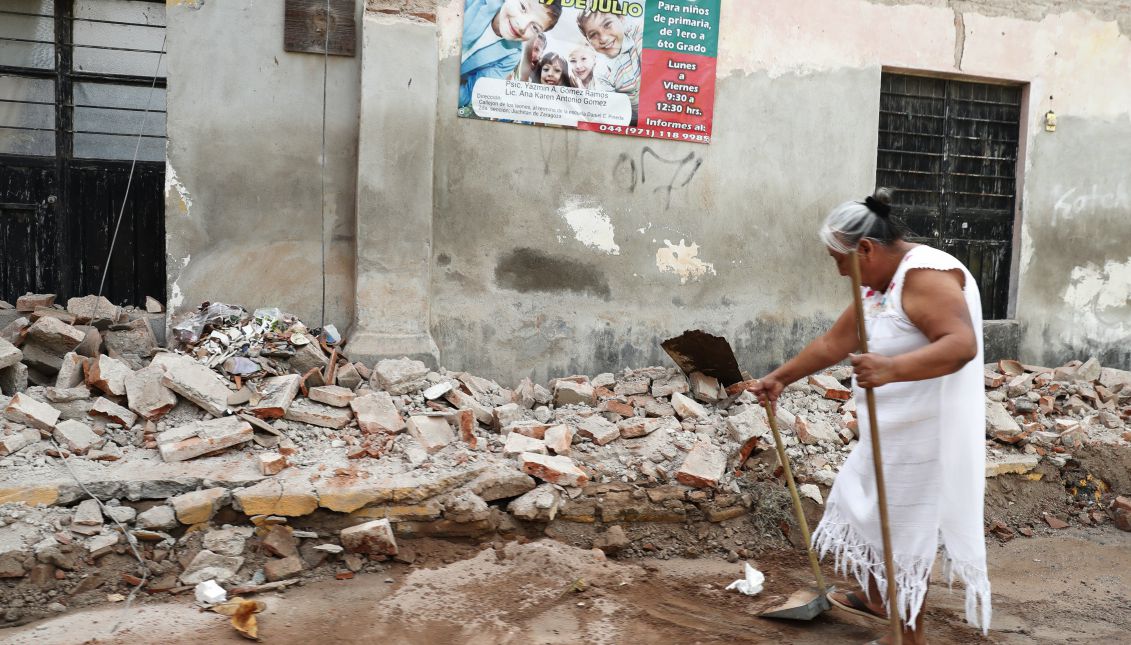
Poor planning caused houses to crumble in Mexico quake
In Juchitan, a large number of houses are self-build with poor materials, lack planning.
Makeshift dwellings, a lack of planning, poor materials and ageing structures unfit to stand earthquakes combined to cause a catastrophe in this southern Mexican city, an architect told EFE Monday.
"In the states (away from Mexico City), there's a big culture of self-construction. And there's no architectural or structural planning that goes into home building," said Carlos Daniel Leon, a a National Polytechnic Institute of Mexico architect who has lived in Juchitan de Zaragoza for several years.
That largely indigenous city in the southern state of Oaxaca was the hardest hit by last Thursday's magnitude-8.2 earthquake, which left at least 95 people dead, 37 of them in Juchitan, according to preliminary reports.
Leon said a number of factors led to nearly 7,000 houses either collapsing or sustaining structural damage, many of them located near the main square of this city of 100,000 people.
"A study of the soil mechanics is indispensable in executing a project," he said.
RELATED CONTENT
Along with people building their own houses, mainly out of financial necessity, the poor quality of the materials was another factor contributing to the tragedy.
In Juchitan, a large number of collapsed houses had brick walls and clay-tile roofs.
"More than 50 years ago, houses were built with local materials ... steel reinforcements were not considered," he lamented.
Although Juchitan is located in the Isthmus of Tehuantepec, an area exposed to intense seismic activity, many houses were built with the traditional technique of placing bricks or concrete blocks by hand.
But more modern buildings also were damaged by the quake, which affected 2.3 million people in the hardest-hit states of Chiapas and Oaxaca.
That happened in part because, even though concrete and steel were used in the newer constructions, oftentimes either the execution was faulty or there were problems relating to the precise quantity of the different components used.










LEAVE A COMMENT:
Join the discussion! Leave a comment.